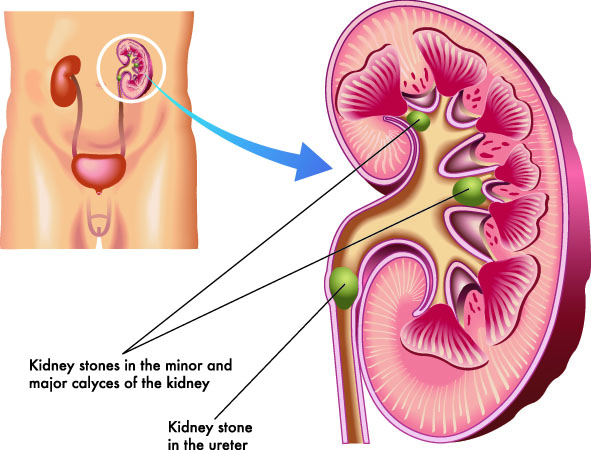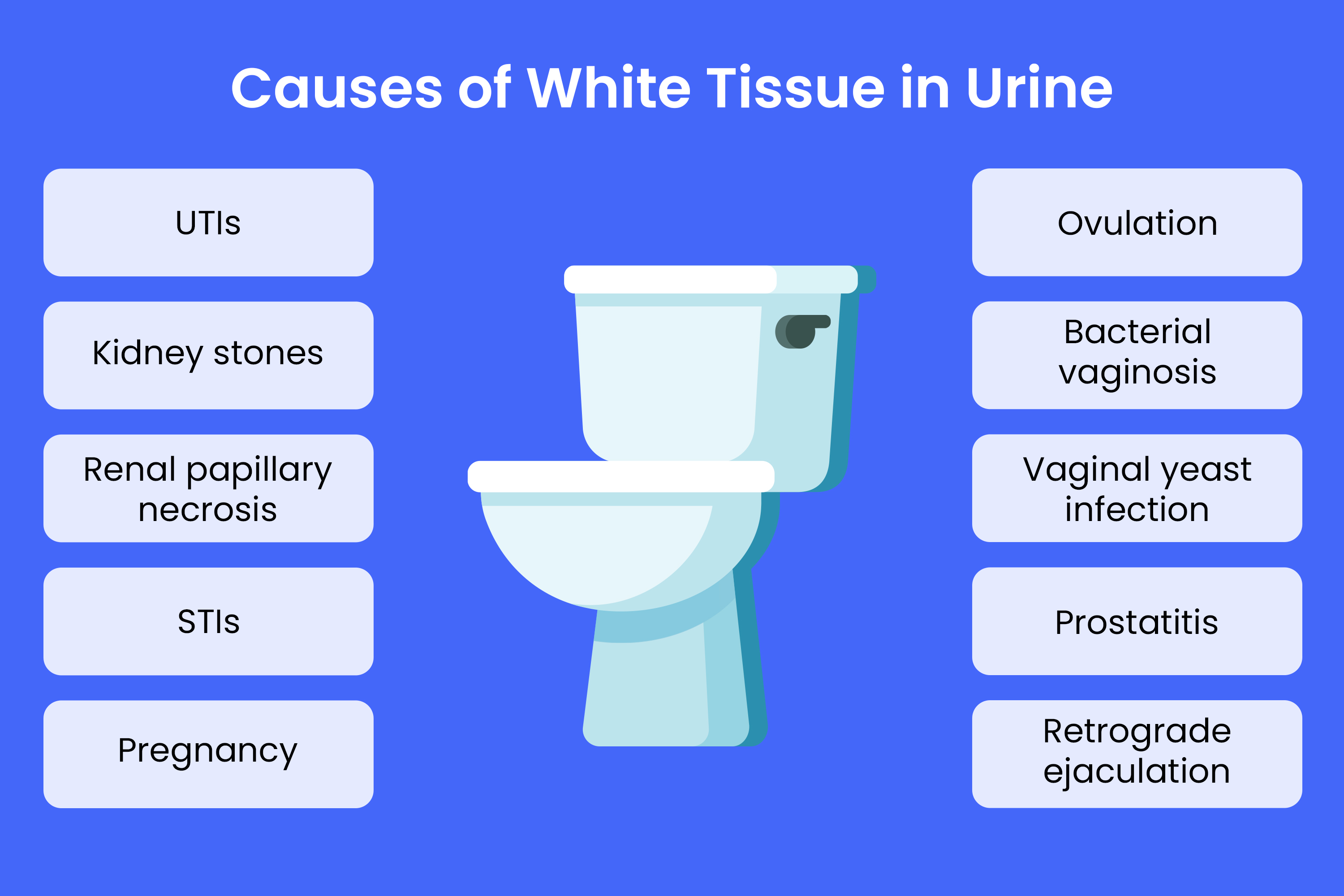Kidney Stones vs UTI: Recognizing the Overlapping Effects and Therapy Approaches
Kidney Stones vs UTI: Recognizing the Overlapping Effects and Therapy Approaches
Blog Article
Discovering the Symptoms and Causes of Kidney Stones in Contrast to Urinary System Tract Infections: A Detailed Guide
The expedition of kidney rocks and urinary system infections (UTIs) discloses a complex interaction of signs and symptoms and underlying causes that call for careful evaluation. While both problems can cause hematuria, they present unique professional features and occur from various etiological factors. Understanding the nuances of each problem is crucial for reliable diagnosis and administration. What are the crucial distinctions in their symptoms, and how might these notify therapy approaches? The response to these questions may offer essential insights into the prevention and care of these typical urological problems.
Review of Kidney Stones
Kidney rocks, additionally called kidney calculi, type when specific compounds in the urine crystallize and aggregate, resulting in the advancement of difficult deposits within the kidneys. These stones can vary in dimension, varying from a grain of sand to a golf sphere, and can be composed of various materials, one of the most usual being calcium oxalate, uric acid, struvite, and cystine. The formation of kidney rocks is influenced by a number of aspects, including dietary behaviors, liquid consumption, and genetic predisposition.
Signs and symptoms of kidney stones may include extreme discomfort in the back or side, blood in the urine, nausea, and constant peeing, especially as the stone relocates with the urinary tract. Diagnosis usually entails imaging research studies such as ultrasound or CT scans, along with urinalysis to identify the rock's composition.
Treatment alternatives differ based on the size and kind of stone, as well as the extent of signs (Kidney Stones vs UTI). Small rocks may pass normally with enhanced liquid intake, while bigger stones might need clinical treatments such as lithotripsy or surgical elimination. Understanding the pathophysiology and threat elements connected with kidney stones is important for effective avoidance and management
Introduction of Urinary System Infections
Urinary tract infections (UTIs) are typical microbial infections that influence any part of the urinary system, including the kidneys, ureters, bladder, and urethra. They mainly take place when bacteria, typically from the intestinal system, get in the urinary system, leading to swelling and infection.
The prevalence of UTIs is notably higher in ladies than guys, mostly as a result of physiological distinctions, such as a shorter urethra. Risk elements include sexual activity, specific contraceptive techniques, urinary system retention, and dehydration. The medical diagnosis of UTIs is normally validated via pee examinations, which might expose the visibility of bacteria, leukocyte, or red blood cells.

Signs And Symptoms of Kidney Stones
The discomfort connected with kidney rocks can show up in different methods, frequently leading individuals to look for medical attention. Among the most common signs visit their website and symptoms is extreme pain, generally localized in the reduced back or side, which may radiate to the abdominal area or groin. This pain, commonly referred to as sharp or cramping, can occur suddenly and might vary in intensity.
In addition, individuals might experience hematuria, or blood in the urine, which can range from tiny total up to noticeable staining. This sign may be come with by changes in urinary system routines, such as increased regularity or urgency, along with discomfort throughout urination. Nausea or vomiting and throwing up are likewise prevalent, commonly resulting from the body's response to intense discomfort.
In some instances, individuals might experience high temperature and chills, especially if a second infection develops because of the blockage caused by the stones. Generally, the combination of serious discomfort, hematuria, transformed urinary patterns, and intestinal signs can give significant understanding right into the existence of kidney rocks, warranting timely clinical analysis and intervention. Understanding these signs is crucial for prompt diagnosis and effective administration of the problem.
Signs And Symptoms of Urinary System Tract Infections
Infections within the urinary tract typically provide a variety of distinct signs and symptoms that can significantly impact look at this now daily life. The most common signs include a consistent desire to urinate, typically gone along with by a burning feeling throughout urination, called dysuria. Individuals may also experience increased frequency of peeing, generating tiny quantities of pee each time.
Other noteworthy signs include foul-smelling or cloudy urine, which may indicate the presence of bacteria or pus. In many cases, urine may appear pink or red as a result of the visibility of blood, a condition referred to as hematuria. Additionally, people might experience pelvic discomfort or pressure, which can further aggravate the sensation of seriousness.
Systemic symptoms might likewise materialize, such as fever, cools, and exhaustion, specifically if the infection has ascended to the kidneys. It is important to identify these signs web early, as neglected urinary system infections can result in more extreme problems. Kidney Stones vs UTI. Prompt clinical focus is encouraged when these symptoms are observed, permitting for proper diagnostic examination and treatment to relieve discomfort and prevent additional health concerns
Causes of Each Problem
Frequently, kidney rocks and urinary system infections occur from distinctive yet often overlapping reasons that can impact people differently. Kidney rocks generally create due to metabolic aspects, nutritional options, and hereditary tendencies. Raised levels of calcium, oxalate, or uric acid in the pee can bring about stone development. Dehydration, not enough fluid intake, and high-sodium diet regimens can intensify these conditions, advertising crystallization within the urinary system.

Understanding these distinct causes is crucial for prevention and therapy. Kidney Stones vs UTI. While way of living alterations might reduce the risk of kidney stones, ideal health and timely treatment of urinary system infections are necessary for minimizing their reoccurrence and associated problems
Final Thought
In recap, kidney rocks and urinary system system infections existing distinct signs and symptoms and underlying causes. Kidney rocks are characterized by extreme pain and metabolic aspects, while urinary system tract infections largely involve bacterial infections leading to urinary system urgency and pain.
The expedition of kidney stones and urinary system infections (UTIs) exposes an intricate interplay of signs and underlying reasons that require cautious examination.Urinary system infections (UTIs) are usual bacterial infections that impact any type of component of the urinary system, including the kidneys, ureters, bladder, and urethra.Often, kidney stones and urinary system system infections develop from distinctive yet in some cases overlapping causes that can impact people differently.In summary, kidney stones and urinary system system infections existing distinct symptoms and underlying causes. Kidney stones are defined by extreme discomfort and metabolic elements, while urinary system system infections largely involve bacterial infections leading to urinary urgency and discomfort.
Report this page